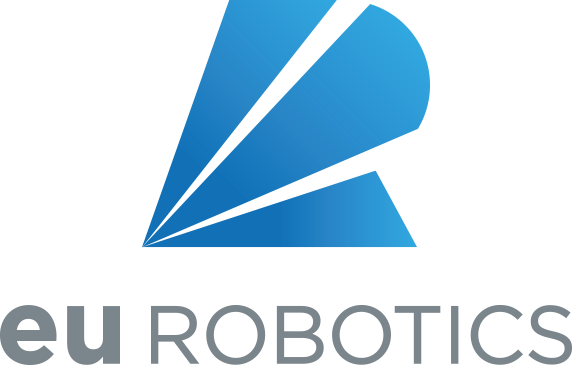Jozef Stefan Institute (JSI) is the leading research institution for natural sciences in Slovenia with over 1000 researchers in the areas of physics, engineering, computer science, chemistry and biology. Robotics research at Jožef Stefan Institute is primarily conducted by the Department of Automatics, Biocybernetics and Robotics.
Since its inception more than 40 years ago, the department of Automatics, Biocybernetics and Robotics at the Jozef Stefan Institute (JSI) has made important contributions to the development of industrial robots and application of robotics in industrial production processes. As the field of robotics evolved, robotics researchers at JSI contributed new discoveries and methodologies in the area of intelligent control, humanoid robotics, robot learning with the focus on imitation learning, statistical methods and deep neural networks, wearable robotics and biomechanics, as well as physical human-robot interaction. Besides robotics research, the department also maintains a strong group focusing on ergonomics and environmental physiology. By maintaining a critical mass of researchers in robotics, automation and life sciences, this group has managed to foster exciting multidisciplinary projects.
Robotics researchers at Jožef Stefan Institute have been an active part of European research community for many years. In the past years, they coordinated a number of EU projects. For example, in Horizon 2020 they were in charge of the innovation action ReconCell (A Reconfigurable robot workCell for fast set-up of automated assembly processes in SMEs) and research and innovation actions SPEXOR (Spinal exoskeletal robot for low back pain prevention and vocational reintegration) and ReconCycle (Self-reconfiguration of a robotic workcell for the recycling of electronic waste). The focus of ReconCell was on the development of flexible yet affordable robotic workcells that allow very short, self-adaptable and affordable changeovers under the conditions demanded and based on end-user needs. Such workcells are especially suitable for small batch-size production. SPEXOR delivered a novel and effective exoskeleton for the prevention of low-back pain in workers and to support workers with low-back pain in vocational rehabilitation. The aim of the on-going project ReconCycle is to introduce the concept of robotic self-reconfiguration and learning in a largely unconstrained domain of electronic waste recycling. These projects nicely demonstrate the robotics research areas that are in focus at JSI as well as the targeted application areas.
Besides robotics research, the transfer of research results to industrial applications is also a vital mission of the robotics group at JSI. In the past years, the group has been working towards the implementation of Smart specialization strategy of Slovenia. As part of the Strategic Research and Innovation Partnership of the Factory of the Future (SRIP FoF), the group chaired the SRIP FoF Board of Directors and coordinated the SRIP FoF horizontal network “Robotics”, thus providing support for the introduction of advanced robotic technologies into factories of the future being developed by the Slovene industry. The key achievements of SRIP FoF in 2020 was the preparation of a new program to foster cooperation of manufacturing companies with the research departments at the universities and institutes and transfer their latest research results into the industrial practice.
Jožef Stefan Institute also maintains strong research groups in the areas related to robotics, for example artificial intelligence. There are three departments focusing on AI, especially machine learning, data mining, language technologies, decision support, ambient intelligence, and agent modeling. The combination of these exciting technologies and robotics provides the basis for the development of embodied intelligence and cognition, which are essential capabilities of future robots working in natural environments together with people.
Author: Prof. Dr. Ales Ude, Head of Department of Automatics, Biocybernetics and Robotics, Jožef Stefan Institute

